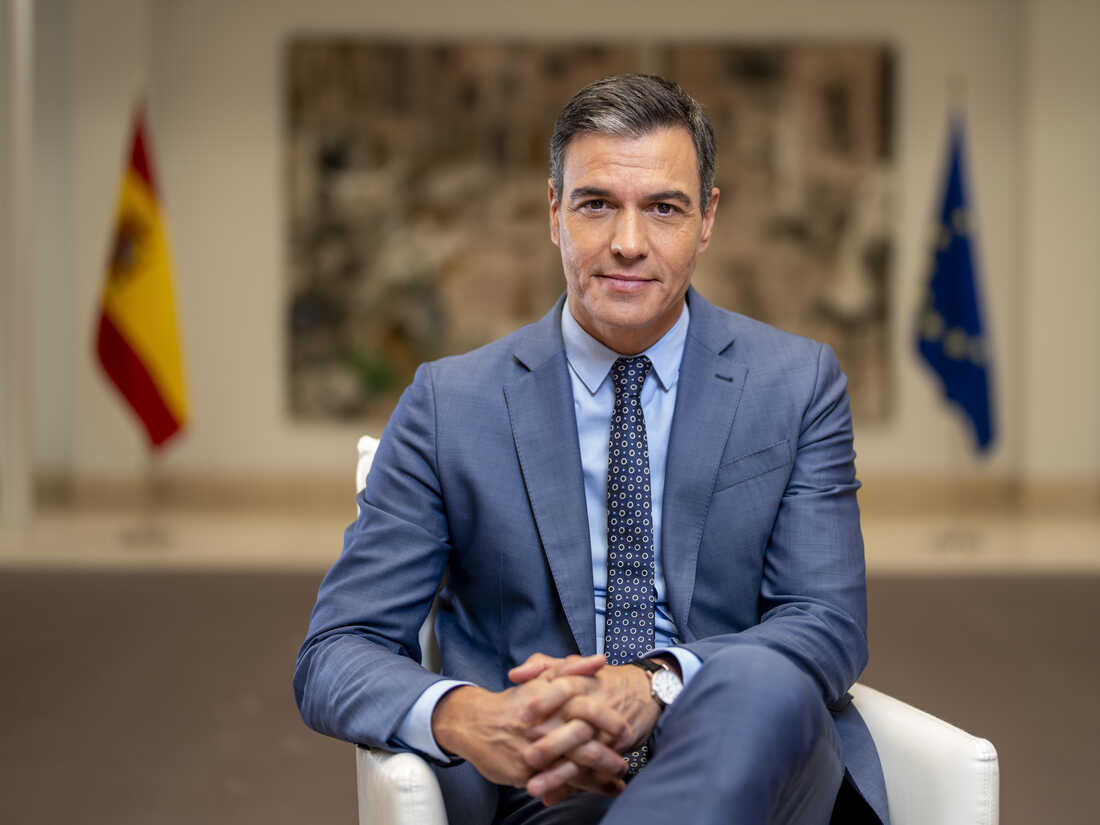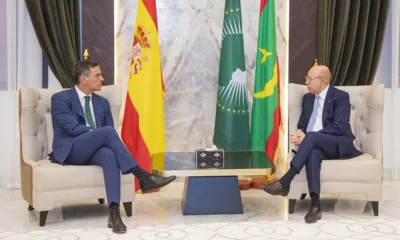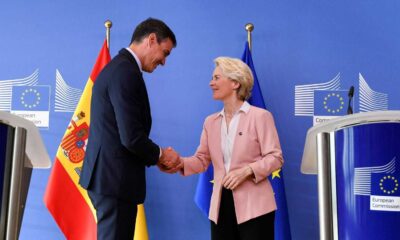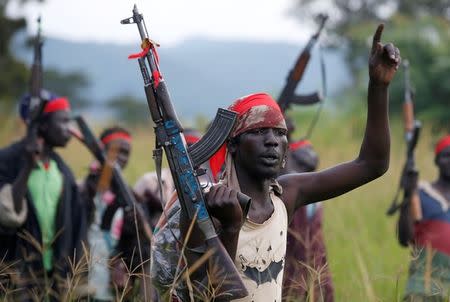On Tuesday, Spanish Prime Minister Pedro Sanchez embarks on his second trip to West Africa this year to reduce migration to the Canary Islands and oppose Russian influence in the Sahel.
According to figures from the European Union border agency, Frontex, the number of persons migrating via the West African route has increased by 154% this year, with 21,620 people arriving to the Canary Islands in the first seven months.
Resources on the Spanish archipelago have been overextended by the surge, and local officials fear they may have to put migrants in military camps or even tents in anticipation of a spike in arrivals brought on by calmer weather in the Atlantic Ocean.
Spanish officials worry that in the upcoming months, up to 150,000 additional African migrants will attempt the dangerous journey.
Nearly half of the recent entrants, according to Frontex data, are Malians who were driven from their nation due to an economic and political crisis that involves the Russian mercenary outfit Wagner.
Sanchez is concentrating on fortifying ties with the primary places from which migrant boats depart: Mauritania, Senegal, and Gambia. Mali’s borders are shared by the first two.
As part of Madrid’s plan to provide financial and security support to the places from which migrant boats sail, Spanish police have been strengthening border control in West Africa for a considerable amount of time.
According to a government source, Spain will negotiate circular migration agreements with Mauritania and the Gambia during this trip. It already has one with Senegal.
These agreements will allow workers from these nations to temporarily enter Spain to meet labour demands before returning to their home countries.
In addition, Spain intends to visit Mali again after the EU military operation there was closed in May of last year. According to a senior Spanish military commander, Spain is in talks with Bamako on bilateral military aid, whilst France pushed for the mission’s termination.
“We cannot leave the ground empty for Russian forces to occupy. It is important to maintain a presence in the region,” the officer, who requested anonymity, told Reuters.
The Spanish mission could continue the training of the previous European mission, the source said.
The Ministry of Defence of Spain affirmed that discussions for cooperation with Mali were underway, but it did not elaborate. In light of the migration surge, Spain is pushing for a greater emphasis on the global south, particularly the Sahel, at the EU and NATO.
The co-director of the Institute for Conflict Studies and Humanitarian Action, Jesus Nunez Villaverde, stated that poverty and the consequences of climate change must be tackled in order to address the issues facing the Sahel.
“The solution is not military aid, which is a repetition of a failed model. A different kind of aid is needed,” he said.


 VenturesNow1 day ago
VenturesNow1 day ago
 VenturesNow1 day ago
VenturesNow1 day ago
 VenturesNow1 day ago
VenturesNow1 day ago
 Politics1 day ago
Politics1 day ago































